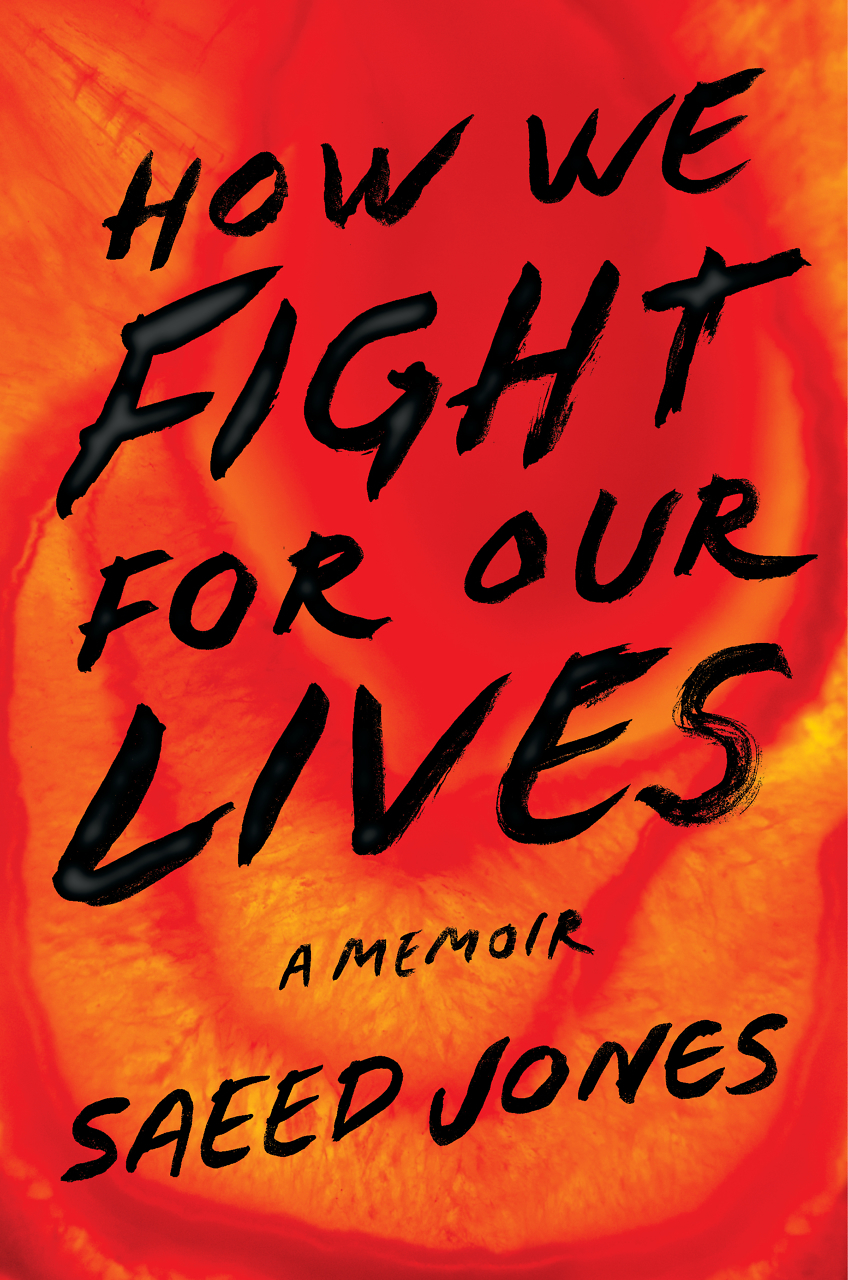Get Used to Me
Jonathan Eig delivers a down-to-earth biography of the larger-than-life Muhammad Ali
In the preface to Ali: A Life, Jonathan Eig creates three snapshots from the night before the February 1964 heavyweight-championship fight between Cassius Clay (later known as Muhammed Ali) and reigning champion Sonny Liston. The first is a picture of the rising star: brash, swaggering with self-confidence, but also intelligent, charming, and graceful in the ring. Clay was a boxer like no one had seen before, but he was also an African-American man with no patience for the racial status quo. In capturing the nation’s imagination, he became the nightmare of the nation’s white supremacists. The second snapshot is of Sonny Liston—also African-American, abrasive, menacing. The reigning heavyweight champ was surely one of the most brutal men ever to hold the title, the exact opposite of Clay’s grace, style, and charm both in and outside the ring. Liston seemed to embody the hoary cliché of the menacing black man while Clay defied it in every way. The final portrait is of Malcolm X, Muslim leader, outspoken human-rights advocate, and personal friend of Cassius Clay.

Eig uses these images to capture the immense contradictions and ironies that shaped Clay’s life as he stood on the edge of claiming the heavyweight championship title for the first time—and of becoming one of the most compelling personalities of the twentieth century:
He will make a living by cruelly taunting opponents before beating them bloody, yet he will become a lasting worldwide symbol of tolerance, benevolence, and pacifism. “I am America,” Clay will proudly declare. “I am the part you won’t recognize. But get used to me. Black, confident, cocky; my name, not yours; my religion, not yours; my goals, my own; get used to me.”
Based on hundreds of new interviews, previously classified FBI and Justice Department files, careful study of fight footage, and earlier published sources, Ali: A Life succeeds in presenting a down-to-earth portrait of a man who purposely sought to make himself a legend. Through the economy of his prose, Eig creates compelling and exciting accounts of Ali’s fights. Here’s his description of the 1960 Olympic match between Ali (still fighting under his birth name) and Australian boxer Anthony Madigan:
Clay flicked jabs and flitted around the ring, moving so quickly that the shorter armed Madigan couldn’t reach him. When Madigan tried to fight his way inside, Clay popped a left to the top of Madigan’s head and bounced away. After three of four left jabs, with Madigan still forcing himself forward, Cassius would throw a right with real power that stopped the veteran fighter’s progress. Soon, Madigan’s eyes were swollen, his face red.
Ali was a complicated and often conflicted figure, and Eig follows his rise as a talented, charismatic, and polarizing fighter and his tragic decline as a beloved champ who continued to fight long past his prime. Eig pulls no punches in chronicling Ali’s foibles and failings, never attempting to excuse his moral shortcomings but presenting them instead in the context of the fighter’s generosity, humanity, and awareness of his unique place in American popular culture during one of the most contentious times in American history. In refusing to submit to the draft during the Vietnam War, for example, Ali made his case to the public with a simple statement: “I ain’t got no quarrel with them Viet Cong.” Eig writes,
It would become his most memorable quote in a lifetime of them. It was witty. It was rebellious. Whether it was calculated or not didn’t matter because essentially, it was true. Alone, with almost no support from the nation’s intellectuals or religious leaders, he had taken a position that ironically, was very American. … Ali was making a stand for civil disobedience, for freedom.
Eig never loses grasp of the basic humanity of his subject, allowing Ali the man to take center stage from Ali the legend. Locked on that purpose, Eig delivers a biography that reflects his subject well—complex but straightforward, human but legendary.

Randy Fox is a freelance writer whose writing on music and pop culture has appeared in Vintage Rock, Record Collector, The East Nashvillian, Nashville Scene, Jack Kirby Collector, Hardboiled, and many other publications. He lives in Nashville.


